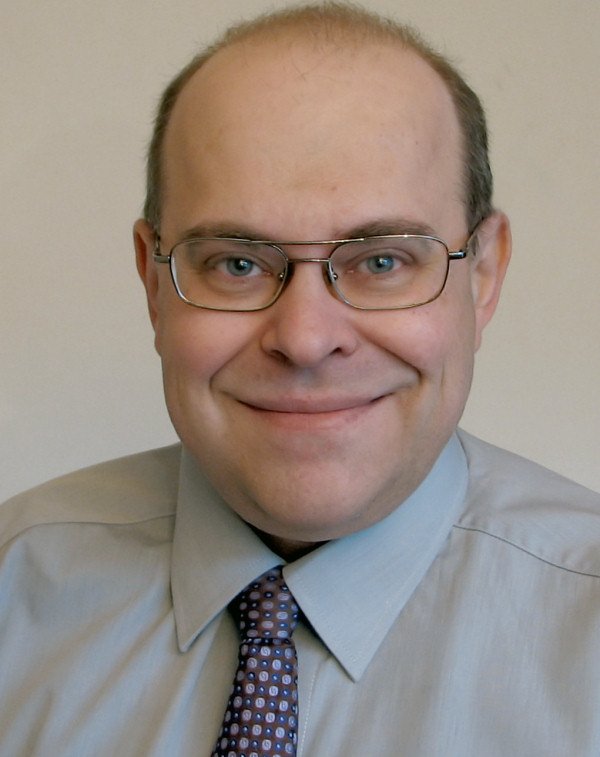Keynote Speaker
"What is Quality of Life in the ICT society?" By Gunilla Bradley, Professor Em, Royal Institute of Technology, Sweden

Bio
Gunilla Bradley (GB) is Professor Emerita in Informatics at Royal Institute of Technology (KTH) – School of ICT in Stockholm. GB is originally a psychologist and has a broad background in the social and behavioural sciences. Her research concerns the interplay between Information and Communication Technology (ICT), Human Beings, and Society – Social Informatics. Her cross disciplinary research groups were first hosted by Stockholm University for twenty years. She has then been a visiting professor at Stanford University two years and professor of Technology and Social Change at the Royal Institute of Technology. 1997 – 2001 she served as professor in Informatics at Umeå University and Mid Sweden University. In 1997 GB received the prestigious Namur Award from IFIP for her pioneering research to increase the social awareness of the impact of ICT. GB has authored thirteen books and contributed extensively in international scientific journals and the popular science press. Her latest book Social and Community Informatics – Humans on the Net (Routledge 2006) is widely used in both ICT related disciplines and in the social sciences. In 2008 GB was invited as guest professor in Salzburg. She composed and chaired the IADIS conference on “ICT, Society and Humans” that initially took place in Amsterdam 2008, followed by Algarve, Freiburg, Rom and Lisbon. In 2010 she was honored by a “Fest Symposium” at the Linnaeus University in Sweden and a “Festschrift” entitled “Information and Communication Technologies, Society and Human Beings –Theory and Framework” (IGI Publishers 2011). More than 40 distinguished researchers from all continents of the world contributed with chapters. Homepage: http://gunillabradley.se
Abstract
Some issues that will be addressed are:
- Main changes in people´s lives – structures and roles. What changes are going on in the professional, private and citizen’s role? How can we balance our various roles at the increasing convergence of them? Important contributing factors to Quality of Life and how to achieve.
- Main changes in the labour market – work force in the so-called flexible companies. New ways to influence our work life conditions as well as to contribute to societal change.
- Impact of network organizations on human behavior, values, motivation and feelings. Our relation to space and time, what kind of stress? Dialectics of values and life styles.
- Some trends in psychosocial communication and ICT, collaboration and global communication patterns. The home as a communication sphere in the network era - new opportunities and risks.
- Convergence and acceleration are main processes at the interplay between technology, societal structure, organizational design, and human roles in the society. I will reflect on the convergence theory and the discourse in Media Technology and Informatics about the present power relations and movements globally. I will present reflections on risks and opportunities in the 21 st Century ICT society. Where are the “energy centers” that can activate and create changes towards the “Good Information Society”? Can agreements on Goals and Visions for that society be achieved?
|
"Innovative Problem Solving for Social Applications: The Netherlands |
 |
Bio
Valeri Souchkov is a certified TRIZ and Systematic Innovation specialist, developer of several Systematic Innovation methods and techniques. Since 1989, he assisted about 100 innovative projects and trained more than 4.000 working professionals worldwide. He is author of more than 70 publications including two books on TRIZ, systematic innovation and creativity. Hi is co-founder and Executive Board Member of the European TRIZ Association and member of Global R&D Council of the International TRIZ Association. Since 2003, he heads ICG Training & Consulting and teaches courses on Systematic Innovation and TRIZ at the University of Twente in Enschede, The Netherlands.
Abstract
Social arrangements in societal participation like care, education and cultural events often undergo a state of “paralysis by analysis”; no logical way from perceived needs or challenges seems to lead to tasteful-, human- and altruistic solutions. In this keynote the renown expert in the TRIZ methodology for creative problem solving will take your hand and lead you through the arcade landscape of generating-, selecting and implementing ideas for social architecture and the elegant conveyance of societal processes.
Often when trying to solve a problem, constraints might not allow us to apply directly or adapt existing solutions. In such cases we need to search beyond known ideas and concepts and come up with an innovative solution. To produce innovative ideas psychological barriers must be broken and solution search space has to be expanded. Without a structured approach it can take a long time and result in numerous costly trials and errors. Long-term studies of the vast amount of creative and innovative solutions resulted in the discovery of a number of universal principles and knowledge-based strategies which can be used to successfully attack difficult problems. The talk will focus on demonstrating in the interactive way how these principles and strategies can be used to facilitate and boost the process of innovative and creative problem solving in the various domains of this IADIS conference like “Web-based Communities”, “Social Media”, “E-Learning”, “Gaming”, “E-health” etc.
